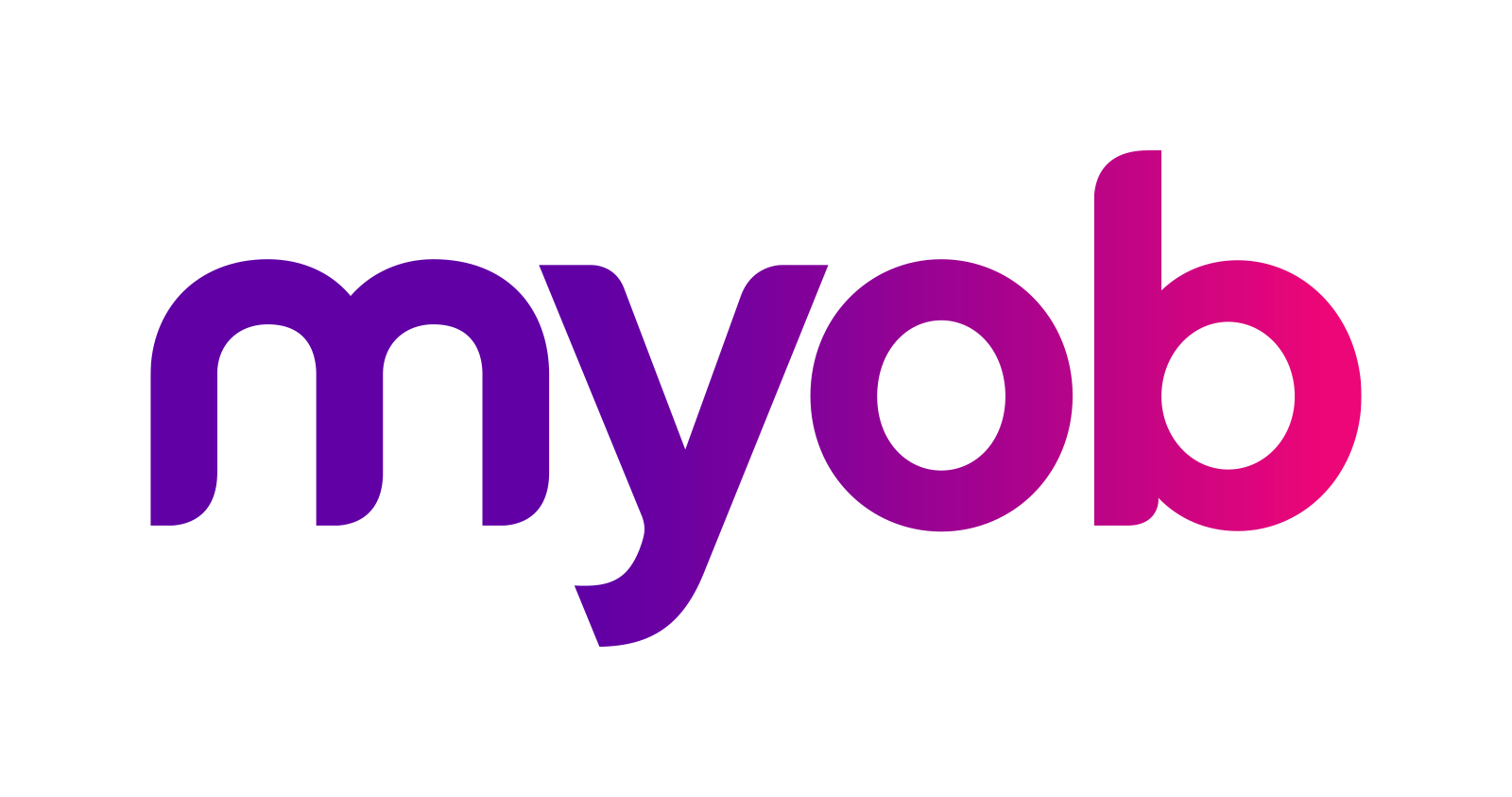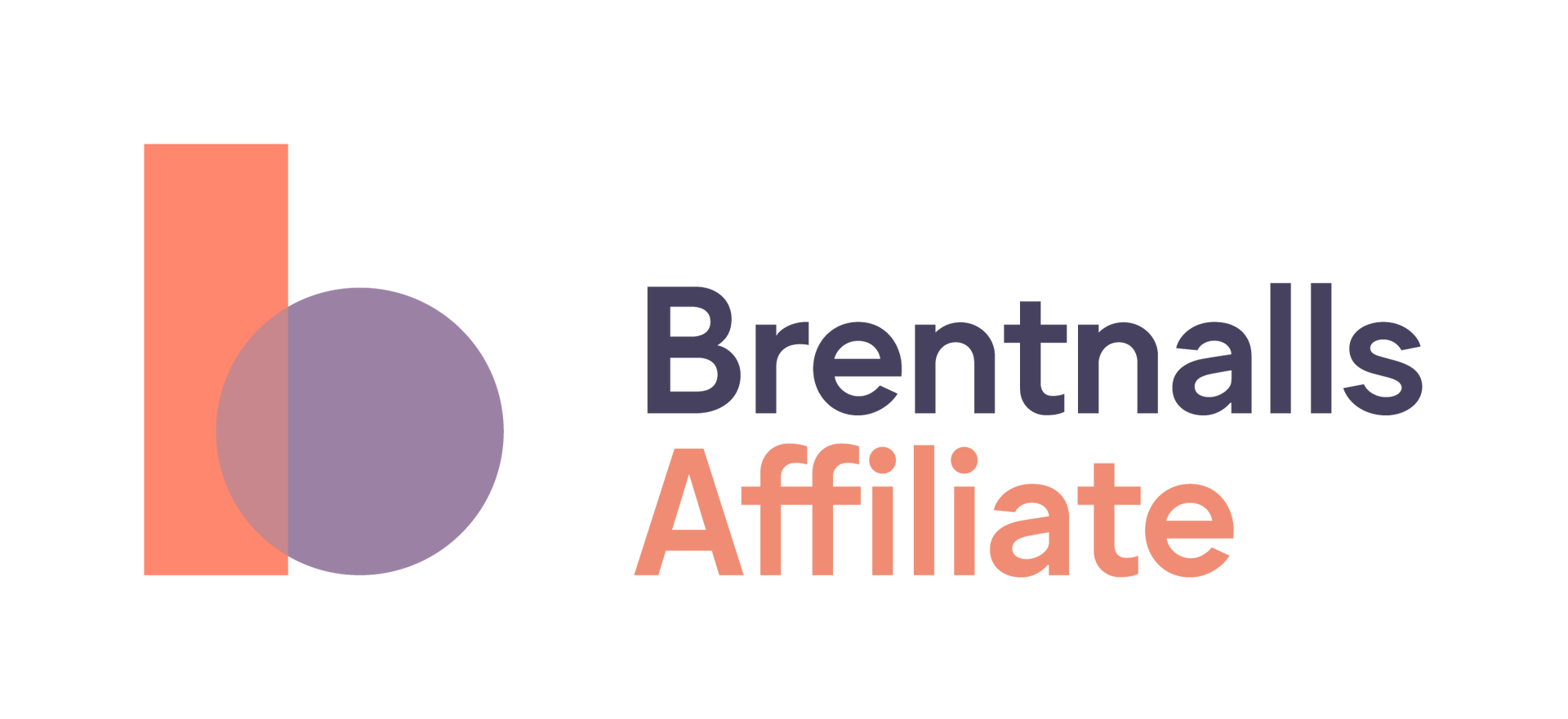News Articles
Fringe benefits can be a useful way to attract and retain quality staff. However, it can be a minefield for businesses to navigate – even credit card reward points could land you with a tax bill.
‘Fringe benefits’ are the perks that employees may enjoy in addition to their wage and salary. Common examples include a car for private purposes or reimbursement for private expenses, such as school fees.
The Government worked out many years ago that these benefits could be seen as a substitute for taxable income. Enter fringe benefits tax (FBT), set at a flat rate of 47%1, which (by no coincidence) mirrors the top marginal tax rate plus Medicare.
“One area of notable complexity can be credit card reward points.”
‘Fringe benefits’ aren’t always obvious
Part of the FBT challenge is that fringe benefits come in a variety of forms.
Some are easy to identify. Paying an employee’s childcare costs is a fairly obvious fringe benefit.
Other perks are less easy to recognise as a fringe benefit. For instance, giving a present costing more than $300 to a worker attracts FBT.
In other cases, the rules can seem inconsistent. While cars have long been subject to FBT, since July 2022, employers don't pay FBT on benefits provided for eligible electric cars. (Review our information sheet for further details on FBT benefits for eligible electric cars.)
The upshot is to speak to Brentnalls SA if you are unsure about any non-wage or salary perks provided to staff.


Credit card rewards can be especially uncertain
One area of notable complexity can be credit card reward points.
Loyalty schemes that offer points for card spending have ballooned in Australia, and they are available with both personal and business credit cards.
The ATO is taking a keen interest in employee use of both business and personal credit cards that offer rewards including frequent flyer points. And it can be remarkably easy for a business to inadvertently rack up an FBT liability.
Scenarios
Let’s say a business allows a staff member to redeem reward points accumulated on a business credit card that is used to pay for personal expenses. The reward points are likely to be viewed by the ATO as a taxable fringe benefit.
Alternatively, an employee may use their own credit card to purchase goods that relate to the business, with the cost being reimbursed to the employee. Here too, any card reward points can be seen as a taxable fringe benefit.
Talk to us for FBT advice
FBT is a complex area and often confusing. Even something as innocuous as credit card reward points could expose your business to an FBT liability.
We encourage business owners to speak with the Brentnalls SA team for expert answers to your FBT questions.
References
Discuss Further?
If you would like to discuss, please get in touch.
Disclaimer
The information provided in this article does not constitute advice. The information is of a general nature only and does not take into account your individual financial situation. It should not be used, relied upon, or treated as a substitute for specific professional advice. We recommend that you contact Brentnalls SA before making any decision to discuss your particular requirements or circumstances.








